Earlier this year, the University of British Columbia Political Science Students Association (UBC PSSA) invited me to speak around the topic of water politics and policy. As you may know, the World Water Assessment Programme (WWAP) is about to release its 4th Edition of the United Nations World Water Development Report (March 12th) and World Water Day is also coming up (March 22nd). Supporting students’ activities is one of my highest priorities (even more so, as in the case of the UBC PSSA, when the student organization members are also my current or former students). So, below is the invite (please RSVP on Facebook so we can have an idea of how many people are coming).
The PSSA is proud to host a talk titled “Debunking Myths and Fallacies around Water Governance” by Dr. Raul Pacheco-Vega February 29th at 3pm in Henry Angus Room 435. Dr. Raul Pacheco-Vega’s presentation will offer evidence to debunk the myth of water abundance in North America and discuss the difficulties in developing a cohesive water governance policy at an urban, national, and trans-boundary level in North America. Through this presentation, Dr. Pacheco-Vega will offer some answers to the question “what is the role of co-operation in water governance?”
This talk is intended more or less to the general lay people, although I will definitely be using concepts drawn from the political science literature. I have been working hard enough in the field of knowledge translation to know that it is really easy to get people lost when you speak academic-ese. So, my goals with this talk are twofold: First, to outline what makes it challenging to create one, coherent, cohesive water policy at the country- and continental-level, and second, to showcase some of the research projects I am currently engaged in with students (current and former), demonstrating the kind of research questions I am interested in exploring.
I recognize it takes place during a weekday and at a time that may be not so early in the day to skip work, but I am hoping you will find it interesting enough to come by and listen to what I have to say. This is a topic I’m extremely passionate about and that has occupied my research mind for at least the last 8 years of my life.
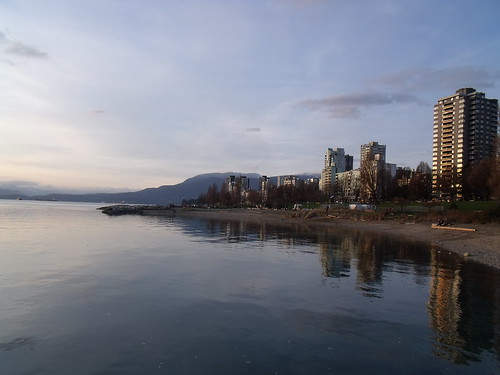
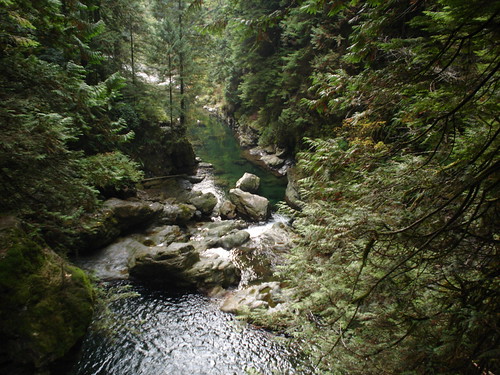
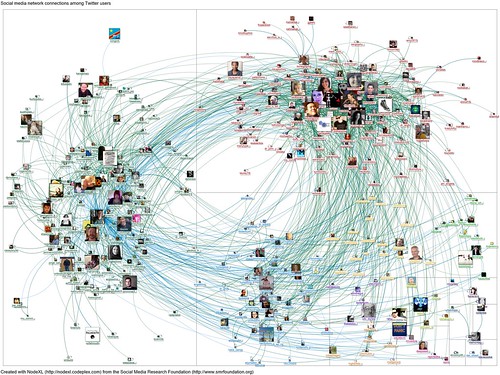


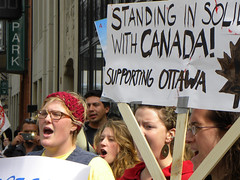
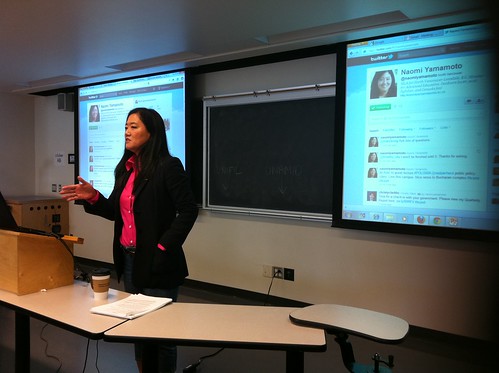
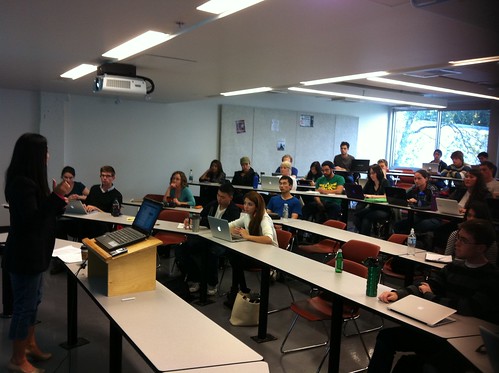
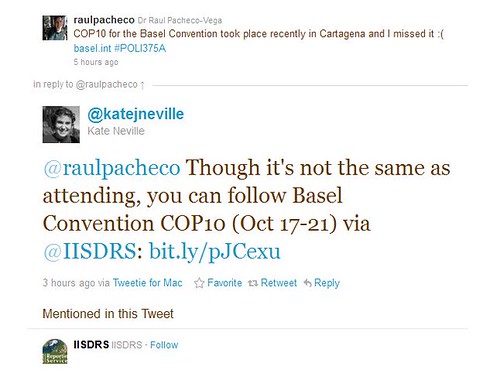
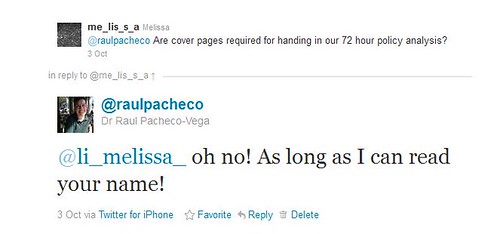
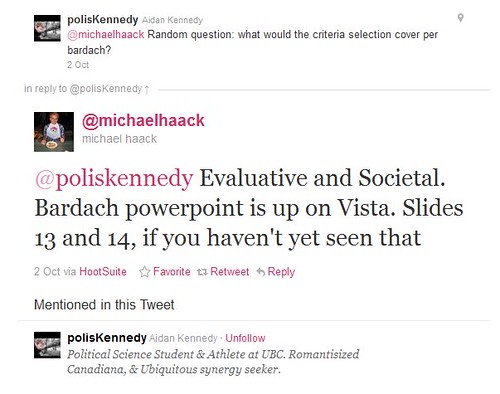
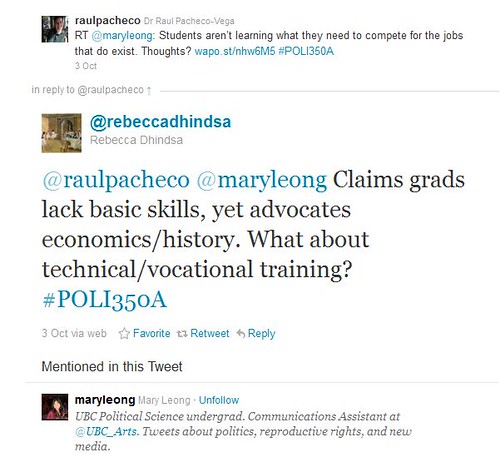
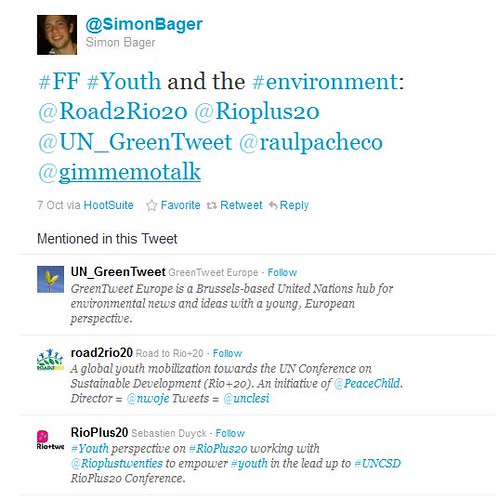
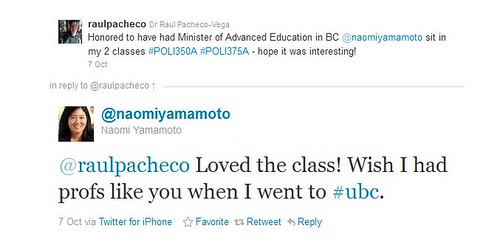

Recent Comments